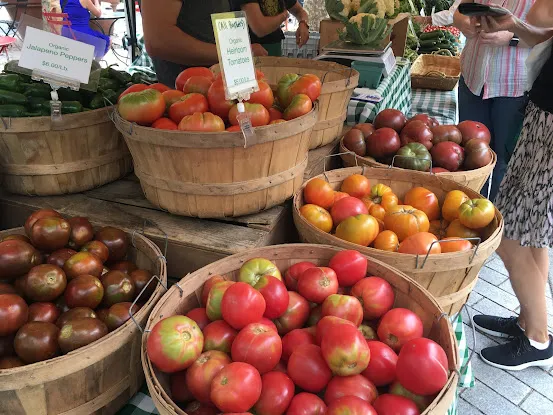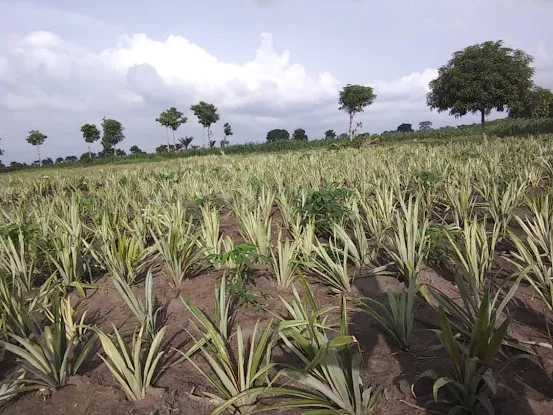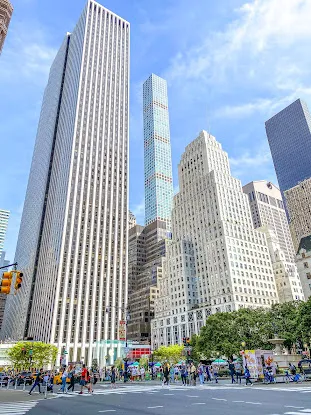Agricultural production Side Manhattan

Row By Row Organic Farm - Tucker Square
Side Manhattan
Columbus Avenue & W 66th St New York, NY United States

AFRICA AGRIPOLE
Downtown Manhattan
Agricultural Production in Manhattan
Manhattan, known for its iconic skyline and bustling urban environment, is not typically associated with agriculture. However, this vibrant borough has been making strides in agricultural production through innovative urban farming practices and community gardening initiatives. As urbanization continues to expand, it's essential to explore how agriculture is evolving within this concrete jungle.
The Rise of Urban Farming
Urban farming in Manhattan has gained momentum in recent years, driven by a growing demand for locally sourced produce and sustainable practices. Community gardens, rooftop farms, and vertical gardens are becoming increasingly popular, allowing residents to engage with food production directly. These initiatives not only provide fresh fruits and vegetables but also promote environmental awareness and community involvement.
Key Players in Manhattan's Agricultural Scene
Several organizations and entrepreneurs are leading the way in agricultural production in Manhattan. For instance, Brooklyn Grange, located on rooftops across the city, is one of the largest rooftop farming operations in the world. They produce a variety of organic vegetables, herbs, and honey, which are sold directly to consumers and local restaurants.
Additionally, Just Food is another notable organization that supports urban agriculture by providing training and resources to community gardeners. Their efforts aim to increase food security and enhance the quality of life for residents, particularly in underserved neighborhoods.
Benefits of Urban Agriculture
The benefits of agricultural production in Manhattan extend beyond simply providing fresh produce. These urban farms contribute to:
- Environmental Sustainability: Urban farming reduces the carbon footprint associated with transporting food from rural areas.
- Community Building: Community gardens foster connections among residents, promote social interaction, and encourage volunteerism.
- Education: Urban farms serve as educational hubs, teaching individuals and children about agriculture, nutrition, and sustainability.
Challenges Faced
Despite the positive impact of agricultural production in Manhattan, there are challenges to overcome. Limited space, high real estate prices, and zoning regulations can hinder the expansion of urban farming initiatives. Nevertheless, innovative solutions, such as hydroponics and aquaponics, are being explored to maximize production in small areas.
Conclusion
As Manhattan continues to embrace the concept of urban agriculture, the future looks promising for sustainable food production within the city. By supporting local farms and community gardens, residents can contribute to a healthier, more sustainable environment. For more information on the businesses and agricultural initiatives in this vibrant borough, visit www.manhattan-nyc.com.
